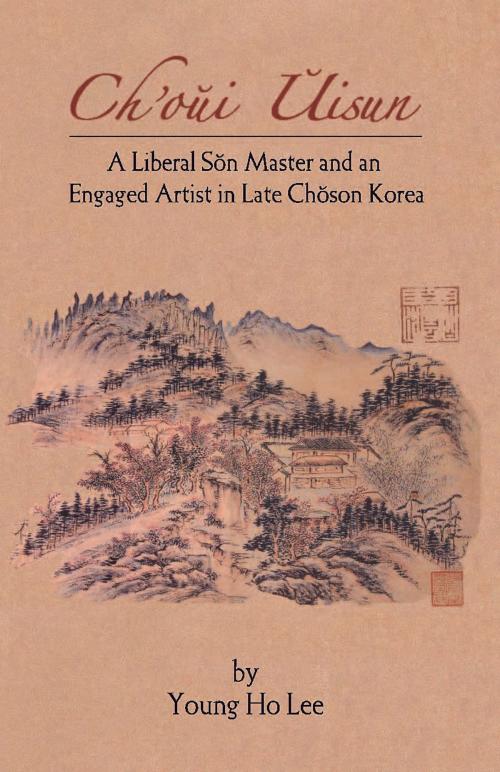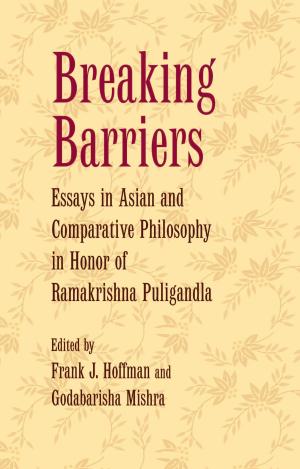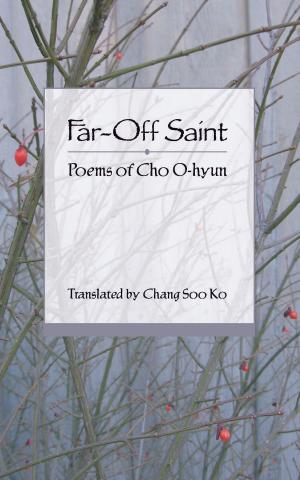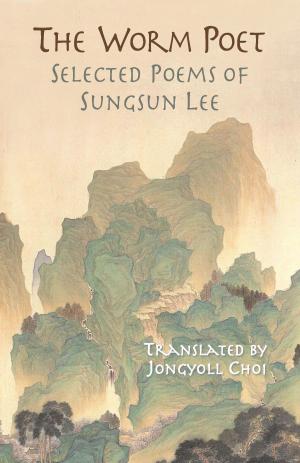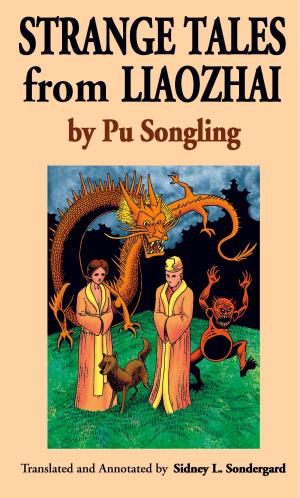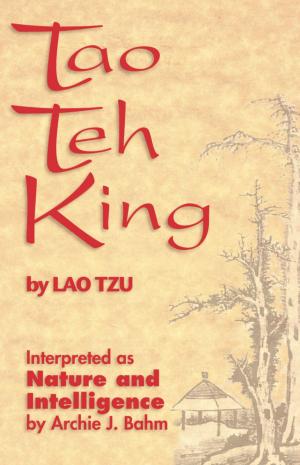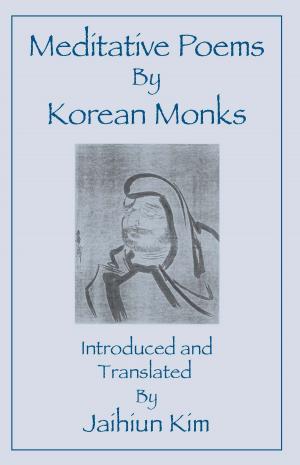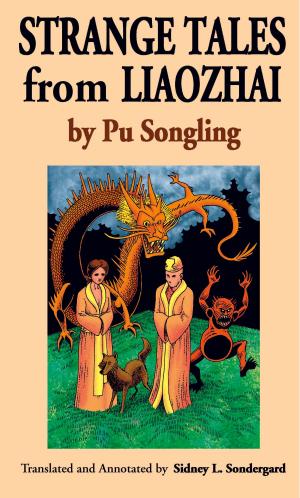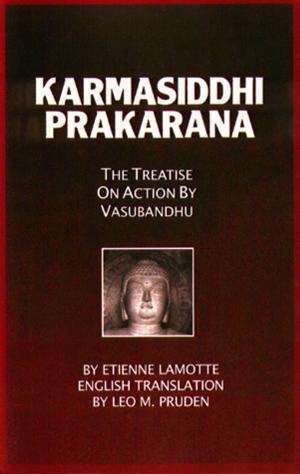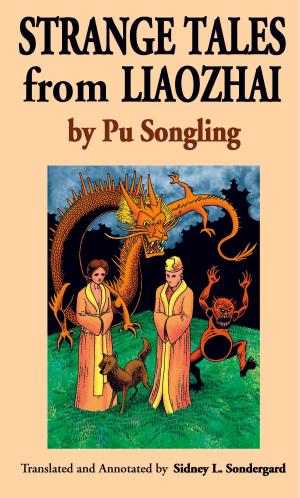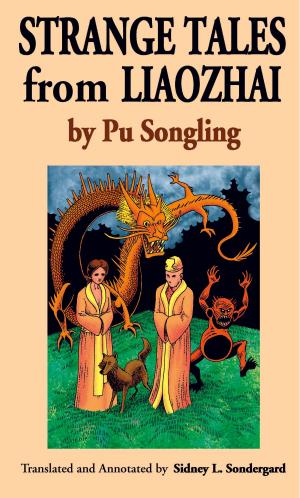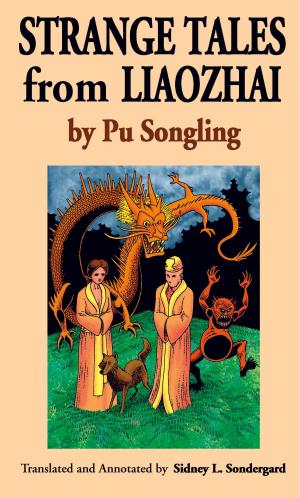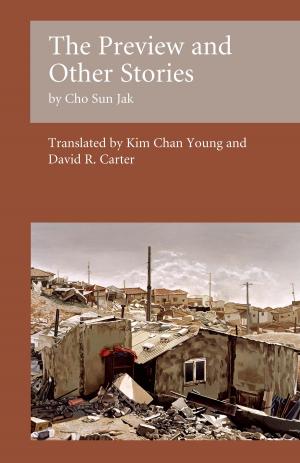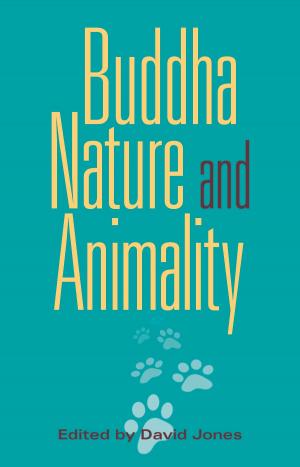Ch'oui Uisun
A Liberal Son Master in Late Choson Korea
Nonfiction, Religion & Spirituality, Eastern Religions, Zen Buddhism, Buddhism| Author: | Young Ho Lee | ISBN: | 1230001763454 |
| Publisher: | Jain Publishing Company | Publication: | April 1, 2002 |
| Imprint: | Language: | English |
| Author: | Young Ho Lee |
| ISBN: | 1230001763454 |
| Publisher: | Jain Publishing Company |
| Publication: | April 1, 2002 |
| Imprint: | |
| Language: | English |
Scholars of Choson Korea tend to view Buddhism negatively, or at best ignore it, and at present there is a lack of research on this crucial topic. Through appreciation of the life and thought of Ch'oui Uisun (1786-1866), this study is an attempt to recover and supplement the intellectual history of religious culture in Korea, focusing on late-eighteenth to mid-nineteenth century Buddhism, which is the direct root of modern Korea's traditional spirit.
Ven. Jinwol has given us the most complete study yet to be presented in English regarding the extraordinary Buddhist teacher Ch'oui Uisun. As the Confucian dominated Choson dynasty weakened in the face of European and North American cultural and political expansions, the long suppressed Buddhist tradition of Korea became more visible. It was Ch'oui Uisun who best shows the strength of the religion, even after centuries of repression. Known as the "Master of Tea" he surprisingly conjoined the image of "one taste" of tea with meditation and enlightenment. Through his teachings, poetry, and example, Ch'oui Uisun became an exemplar for a Buddhist monastic in the changing world of the early 19th century that we often refer to as "Modern". Maintaining a firm stance within his understanding of the nature of the world, he lived a life that turned away from dualism and sectarian debate. His reminder of this ability to interconnect with all facets of experience, has been often used as a guiding principle by those who came after him.
Scholars of Choson Korea tend to view Buddhism negatively, or at best ignore it, and at present there is a lack of research on this crucial topic. Through appreciation of the life and thought of Ch'oui Uisun (1786-1866), this study is an attempt to recover and supplement the intellectual history of religious culture in Korea, focusing on late-eighteenth to mid-nineteenth century Buddhism, which is the direct root of modern Korea's traditional spirit.
Ven. Jinwol has given us the most complete study yet to be presented in English regarding the extraordinary Buddhist teacher Ch'oui Uisun. As the Confucian dominated Choson dynasty weakened in the face of European and North American cultural and political expansions, the long suppressed Buddhist tradition of Korea became more visible. It was Ch'oui Uisun who best shows the strength of the religion, even after centuries of repression. Known as the "Master of Tea" he surprisingly conjoined the image of "one taste" of tea with meditation and enlightenment. Through his teachings, poetry, and example, Ch'oui Uisun became an exemplar for a Buddhist monastic in the changing world of the early 19th century that we often refer to as "Modern". Maintaining a firm stance within his understanding of the nature of the world, he lived a life that turned away from dualism and sectarian debate. His reminder of this ability to interconnect with all facets of experience, has been often used as a guiding principle by those who came after him.
